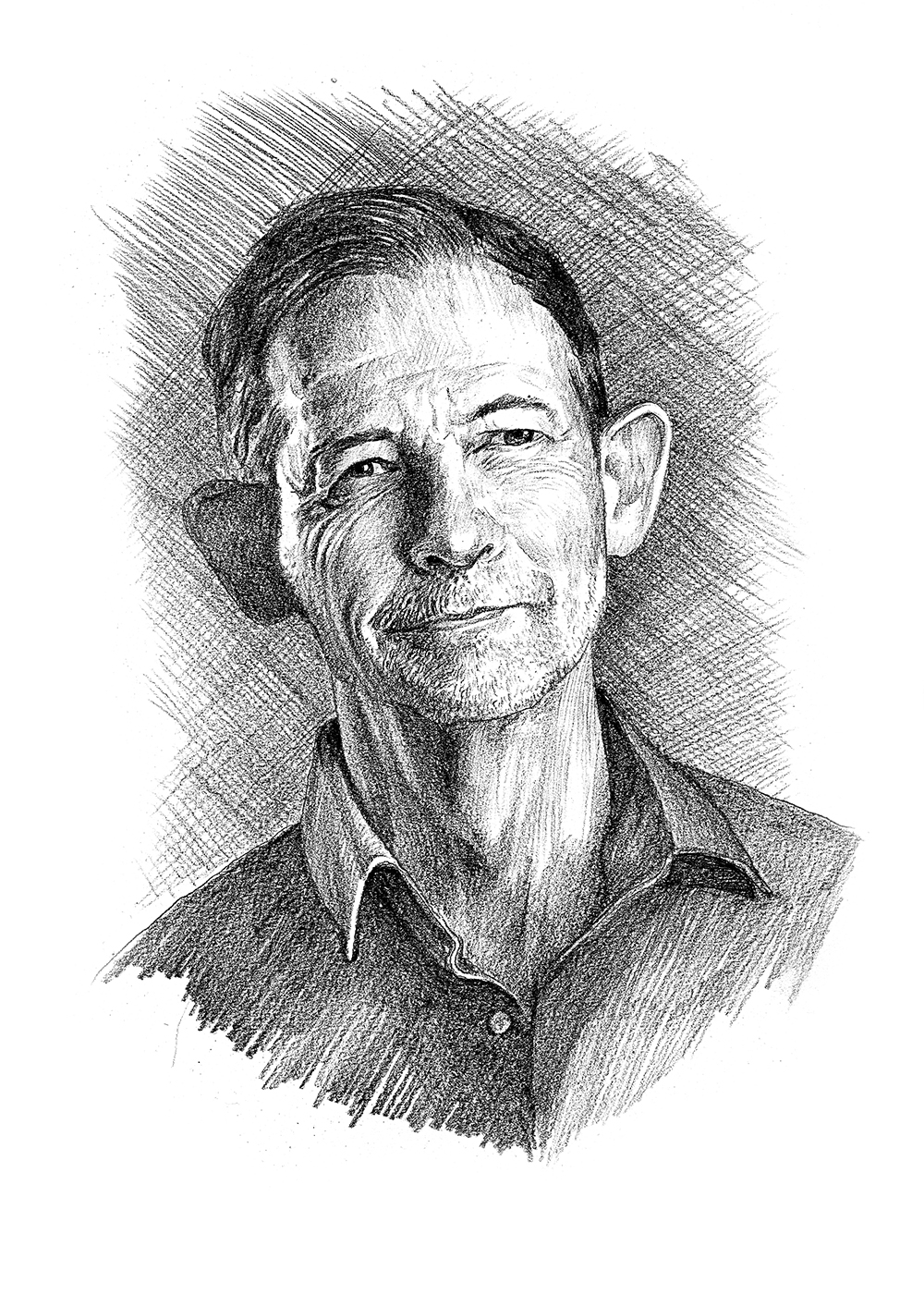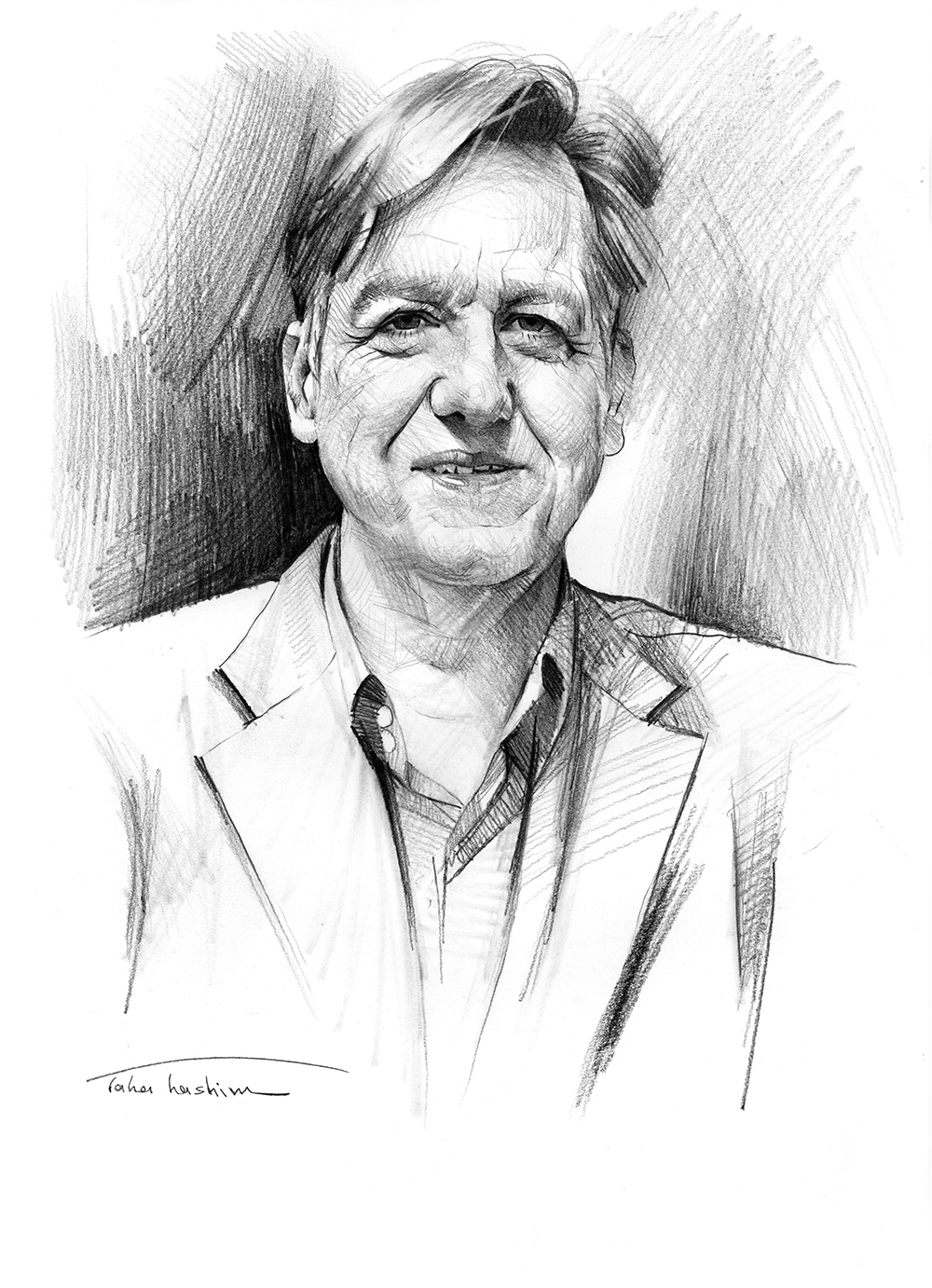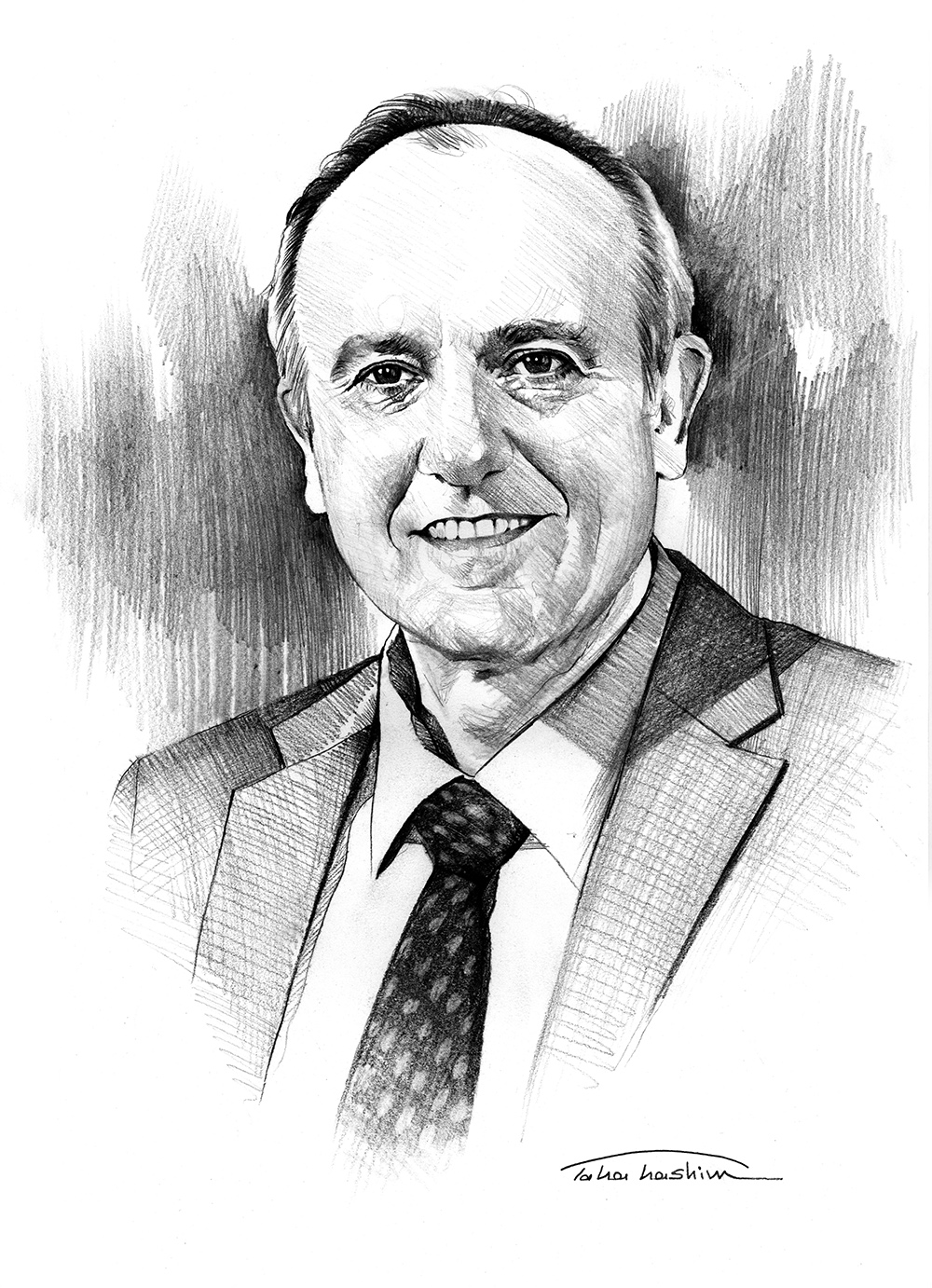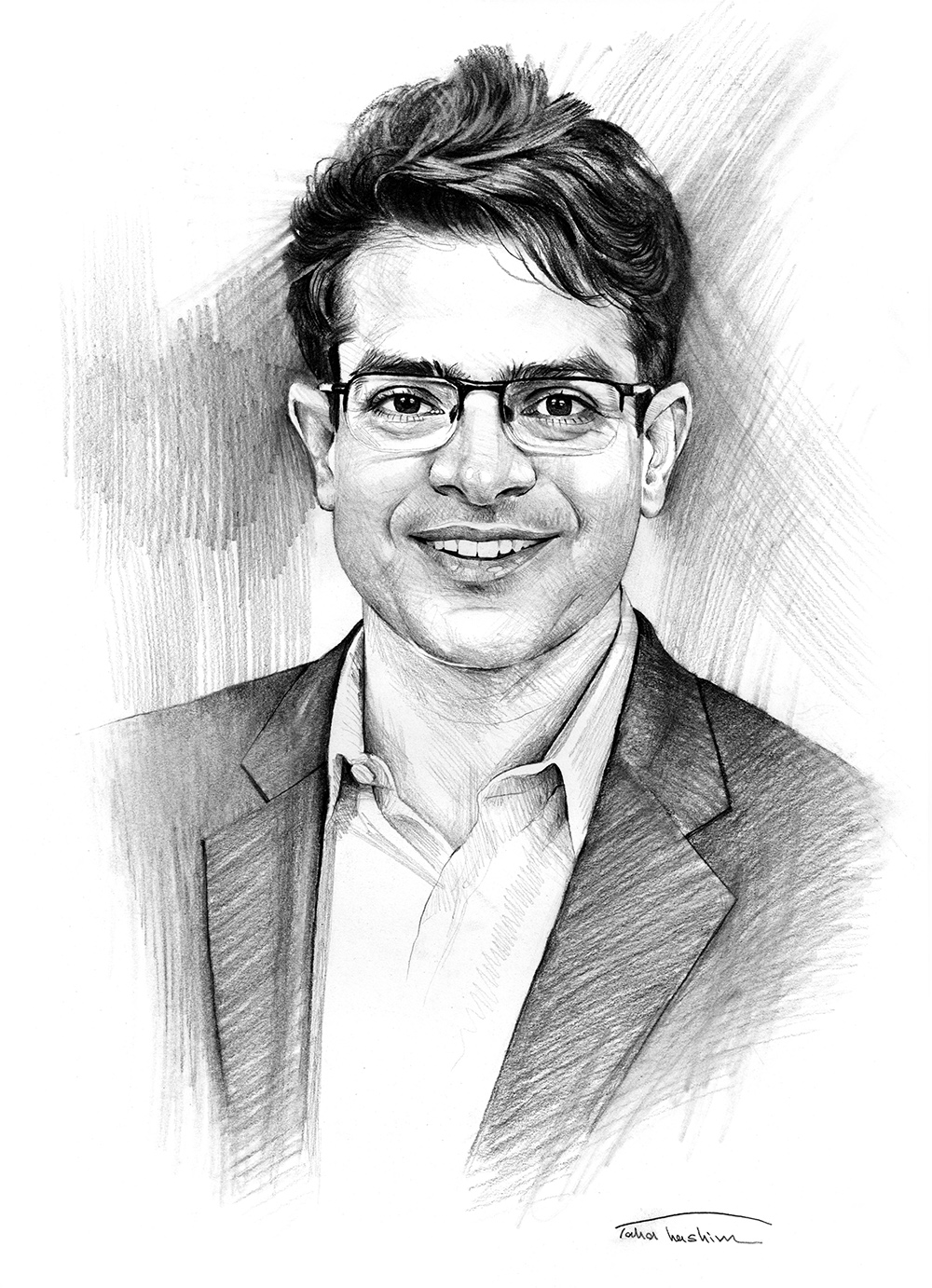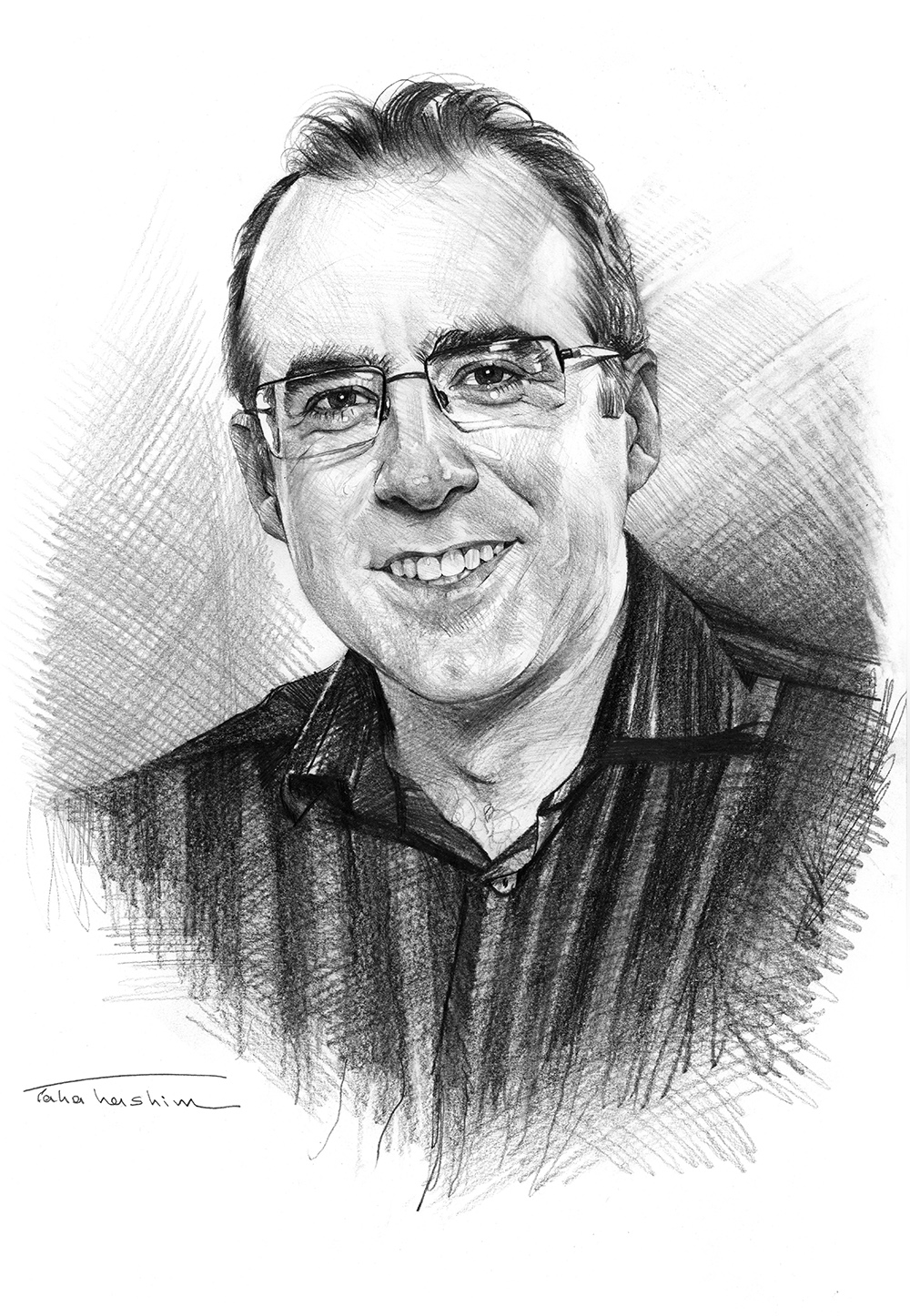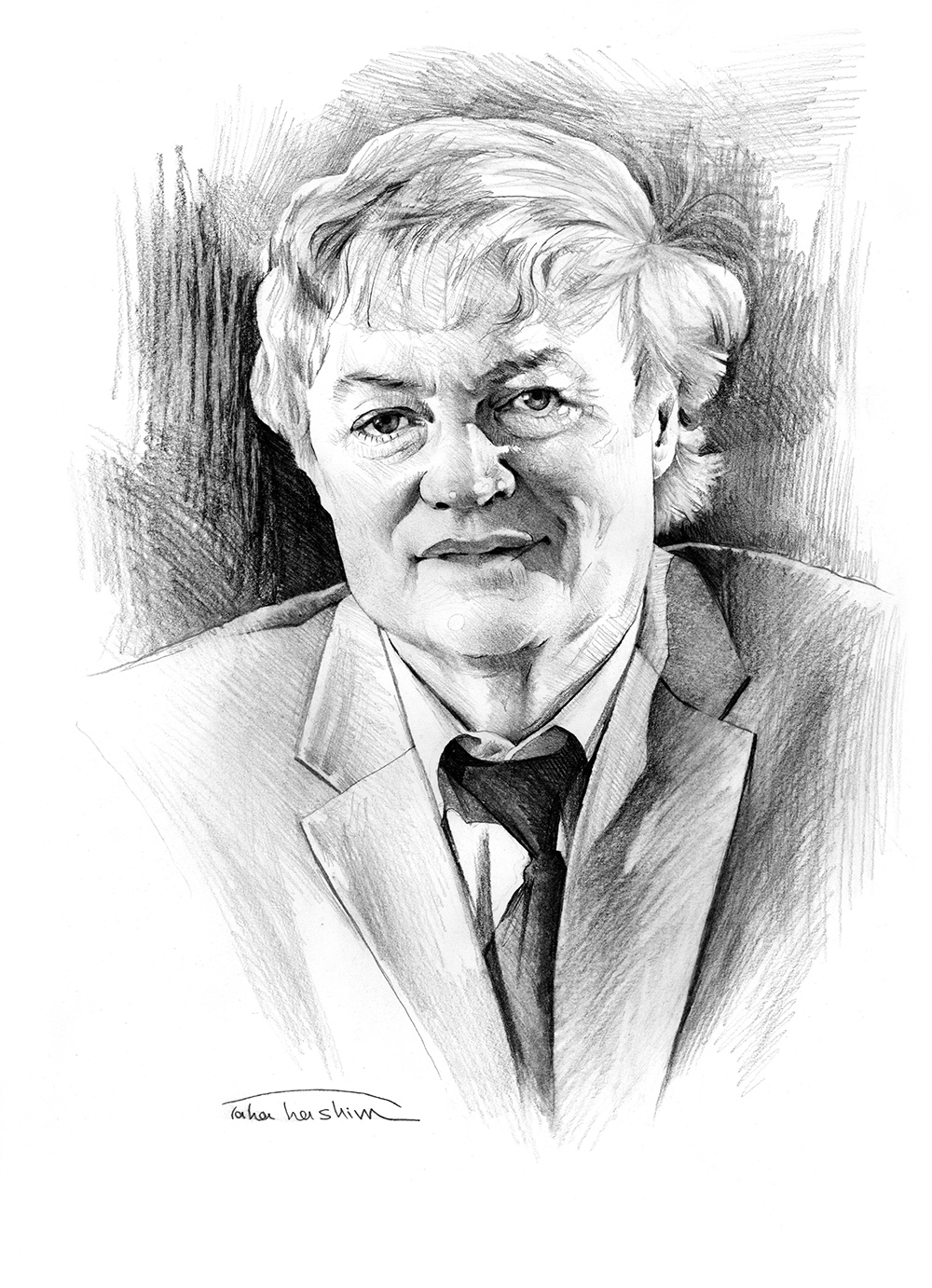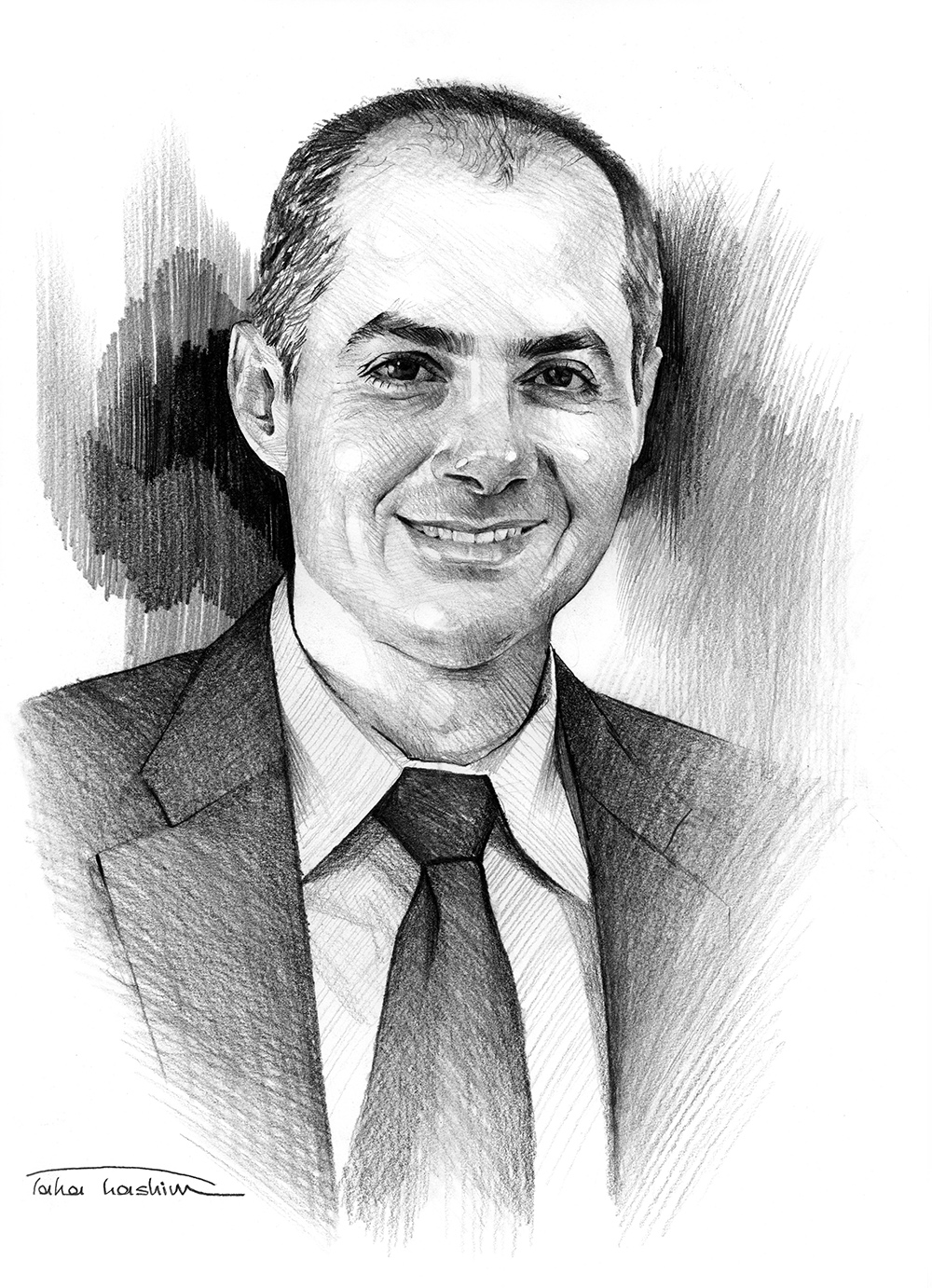John Macleod Ball obtained his B.Sc. in Mathematics from the University of Cambridge in 1969 and his Ph.D. in Mechanical Engineering in 1972 from the University of Sussex. He completed his postdoctoral research fellowship at Heriot Watt university in Scotland and at Brown university in the U.S.A. Between 1974-1996, he was at Heriot Watt university, where he took on various appointments, including a Professorship of Applied Analysis. Since 1996, he has been a Sedleian professor of natural philosophy at Oxford. He is the director of Oxford Center for Nonlinear Partial Differential Equations and a fellow of the queen’s college at the same university.
Professor Sir John Ball has made fundamental mathematical contributions to nonlinear partial differential equations, the calculus of variations and their applications to materials science and liquid crystals. He has pioneering work giving the first global existence theorems for energy minimizing configurations in nonlinear elasticity under realistic hypotheses on the material response and the first rigorous treatment of non-interpenetration of matter and cavitation in solids. He worked with Richard James to develop the widely used mathematical theory of martensitic phase transformations and their microstructure as well as a theory of metastability based on geometric incompatibility of parent and product phases. He is well known for his groundbreaking work on infinite-dimensional dynamical systems, in which his method is widely used for proving the existence of global attractors for nonlinear wave equations and other systems. His work on the Landau-de Gennes theory has greatly stimulated the worldwide study of mathematics of liquid crystals. In particular, his fundamental contributions with zarnescu towards orientability of director configurations, and the satisfaction of eigenvalue constraints on the de Gennes Q-tensor with Majumdar.
He published over 70 articles, and 7 books, and he is a member of the editorial board of many reputable scientific journals. He is also a member of several scientific societies and former president of the International Mathematical Union.
Professor Sir John Ball received many distinguished awards and honors including Keith Prize, Sylvester Medal and John von Neumann Prize. He was knighted in 2006 for his services to science.
This biography was written in the year the prize was awarded.

